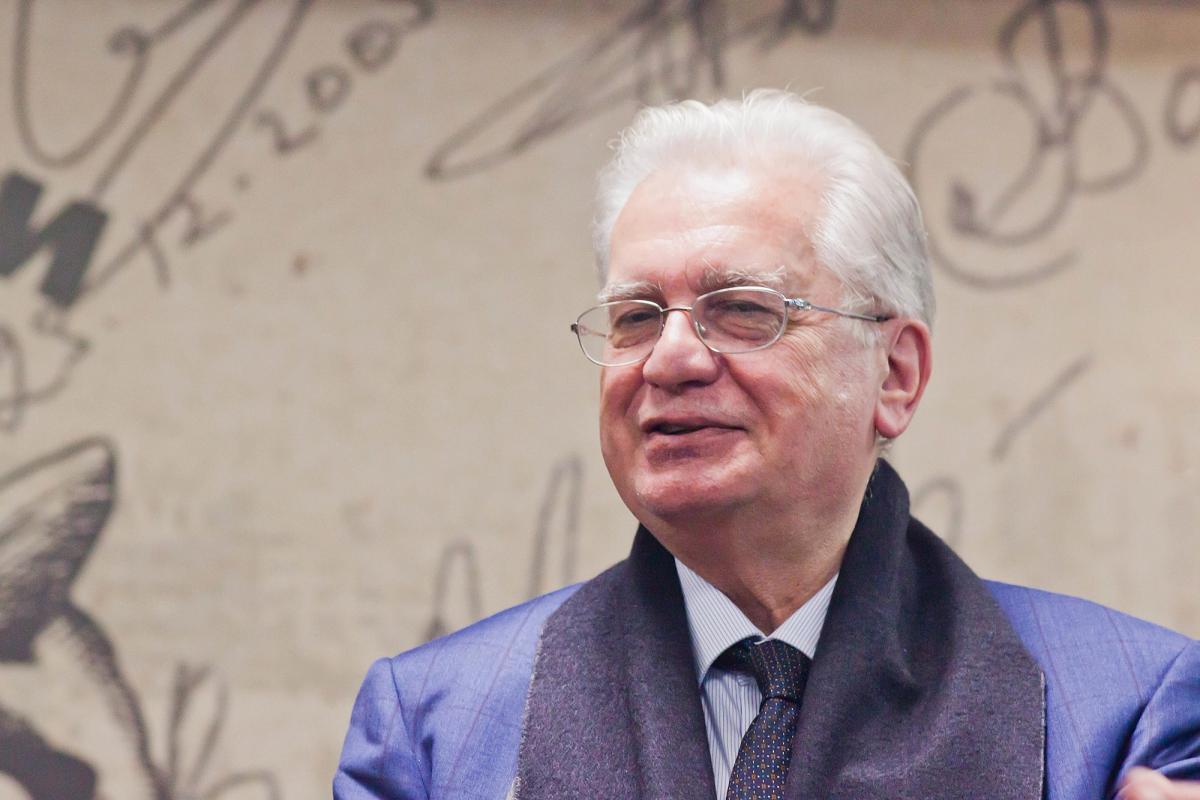Mikhail Piotrovsky, the State Hermitage Museum director who expressed vocal support for Russia’s invasion of Ukraine last year, has given a new interview describing war as “a means of cultural exchange” that can be mutually enriching for cultures in conflict.
Speaking to Rossiiskaya Gazeta, an official Russian government newspaper, in an interview published on 2 April, Piotrovsky reiterates his position that “it is important for me to be with my country when it makes a historic choice”, despite the criticism he has received “from all sides”.
The veteran museum director, whose academic expertise is in Arab and Islamic culture, acknowledges that historic wars “of course, partially destroyed culture”, but claims that “in general there was a cultural exchange”. He offers the example of the Crusades: “The Muslims learned from the crusaders to build powerful fortresses, and the Christians again began to bathe in the baths, remembering the Roman ones... And they [Christians] borrowed luxury goods: the general level of culture among Muslims was then higher than in Europe.”
Piotrovsky is a longtime supporter of Russian president Vladimir Putin, a frequent visitor of the Hermitage in St Petersburg. His son, Boris Piotrovksy, is also involved in Russian politics as deputy governor of St Petersburg; last year he visited Russian-occupied Mariupol, the besieged port city in eastern Ukraine.
The elder Piotrovsky now tells Rossiiskaya Gazeta that the war is helping to strengthen a sense of “national self-consciousness” in Ukraine. “See how powerfully the Ukrainian nation is being formed,” he says.
Putin, who initially promised a quick campaign to “de-Nazify” Ukraine, has shifted his rhetoric to indicate that Russia will be at war with the West indefinitely. Piotrovsky says that the “new generation” of Russians must understand that “the previous comfort no longer exists”, not only due to “military operations” but also as a result of “domestic challenges”.
In his latest monthly column for a St Petersburg newspaper, also published in English on the Hermitage website, Piotrovsky emphasises the museum's need to strengthen cultural ties with the Middle East and China as “we are changing our vector of attention, turning away from Europe a little”.
He refers to a recent visit to Muscat, Oman, and a number of new international collaborations under discussion. “We are conducting negotiations with Oman about the restoration of full museum relations,” he writes. “Restorers are coming to us from there to learn. Together we will help to preserve Syria’s monuments… We are in talks with China about participating in an exhibition about the tea ceremony; we are preparing Hermitage Days in Belgrade… There are a good many countries where we are well understood.”


